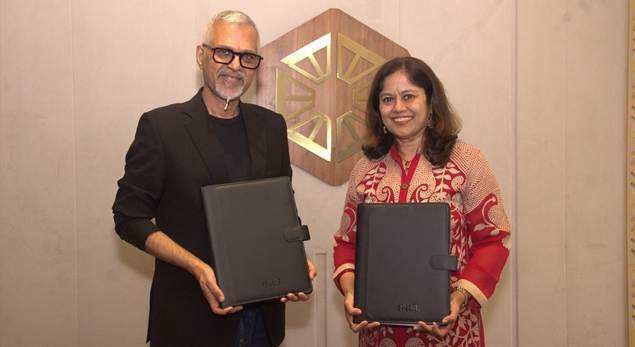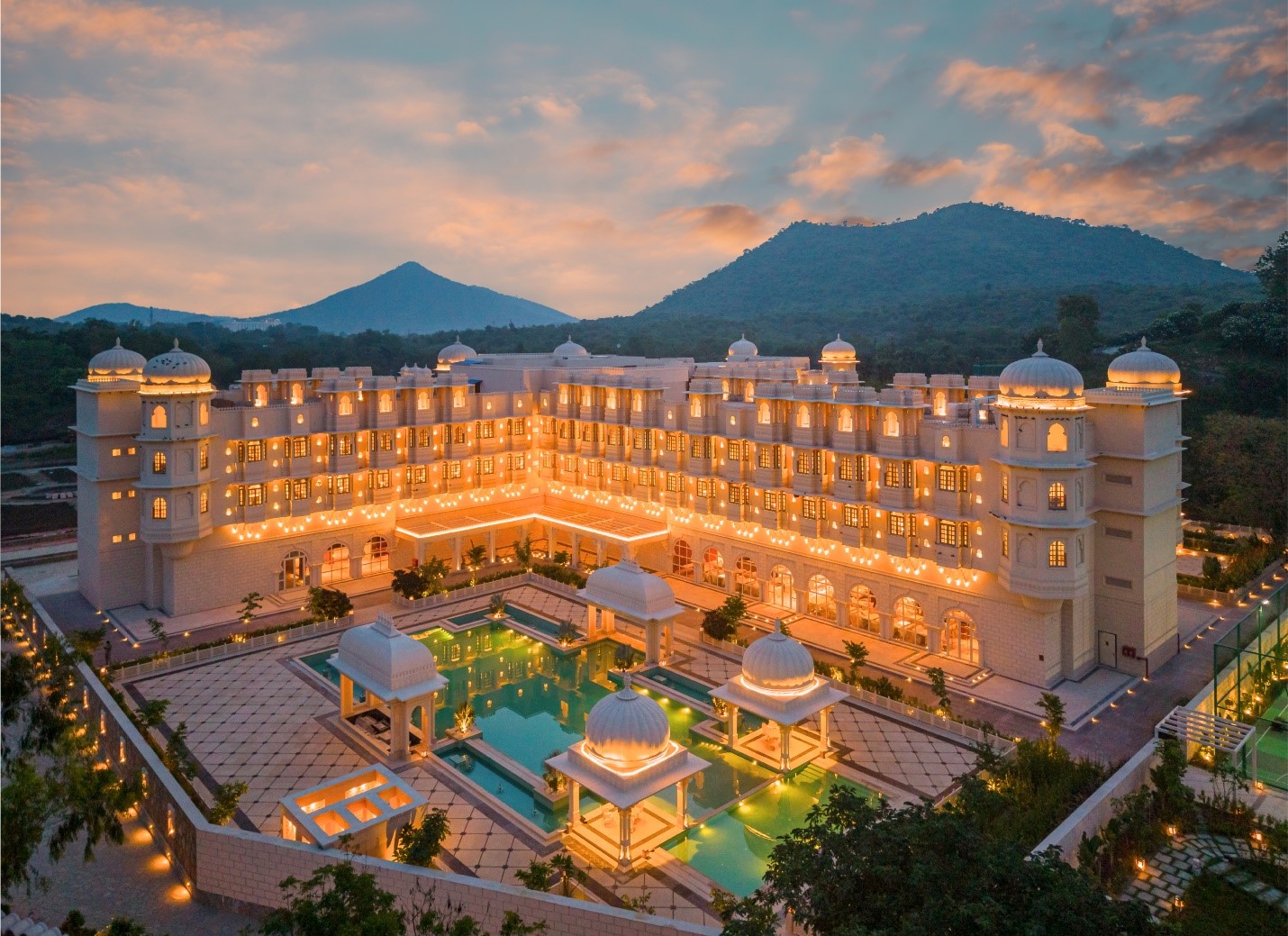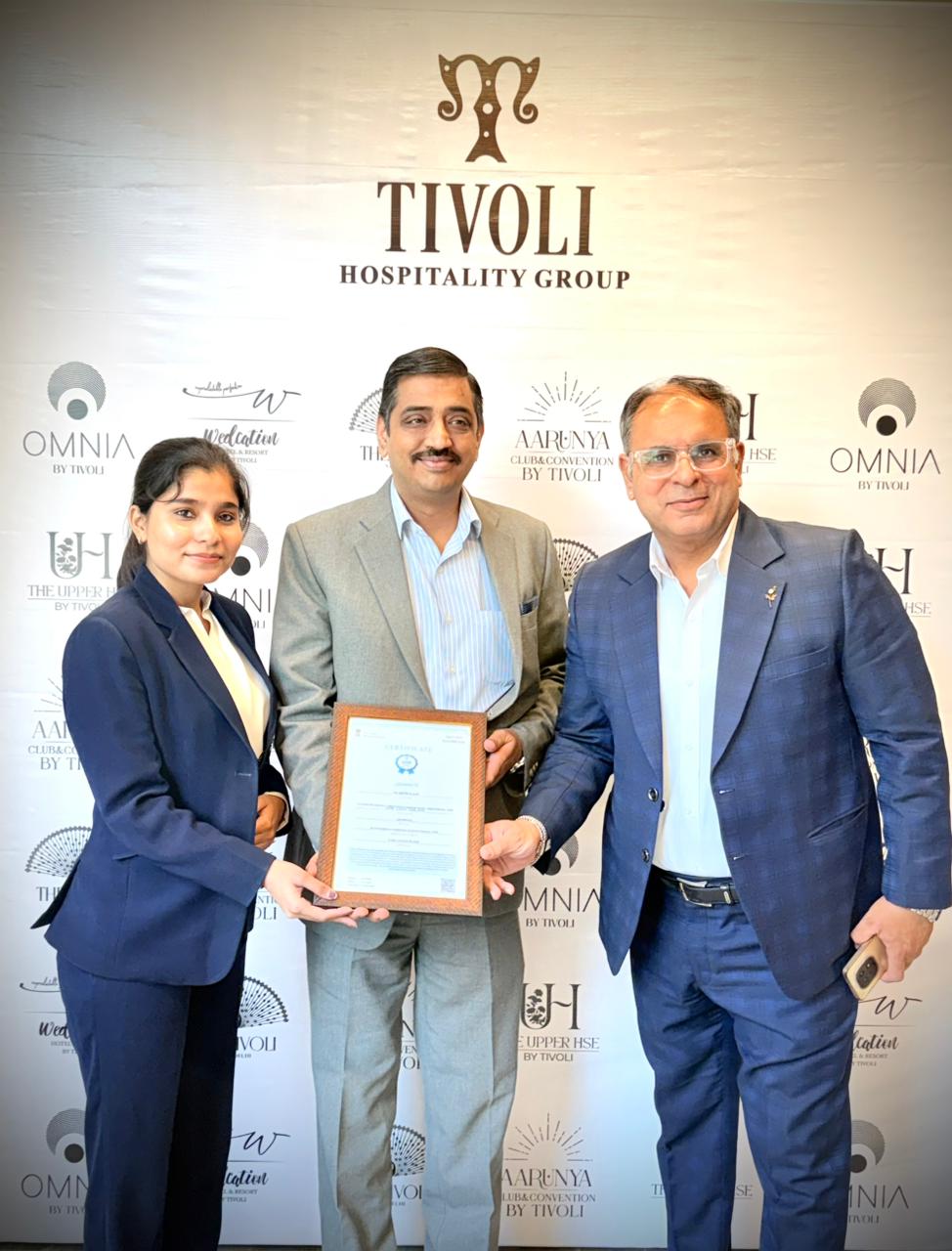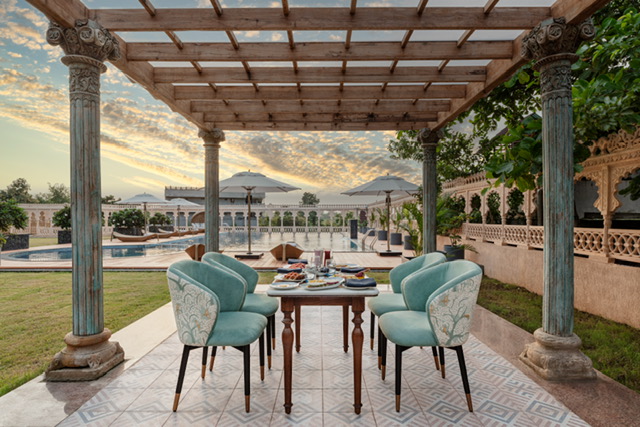In an exclusive interview with Hospitality Talk, Amit Lahoti, Managing Director of Ball Beverage Packaging in India and Ankur Chawla, Co-founder, Responsible Whatr talk about India’s first spring water beverage in an aluminium can Responsible Whatr, what makes the brand unique and how together they are contributing to a sustainable packaging format.
Amit Lahoti answering the following questions explained how aluminium cans is still gaining momentum in the market and what all challenges are they facing.
Are aluminium cans a cost-effective choice for packaging drinking water?
We are using aluminium cans for packaging water as aluminium is infinitely recyclable. Though there are several other packaging formats that can be recycled, in most cases the cost of recycling is very high. While in the case of aluminium, you just need to melt the metal and it can be moulded in whatever form you want it to be. Moreover, it is a cost-effective option. Approximately, 75 per cent of aluminium is produced by mining bauxite. Another advantage is that aluminium cans are valuable as they can be recycled easily. From a sustainability point of view, aluminium cans are very lightweight. And, you can ship these lightweight cans easily to even far off distances, especially in a country like India.
The other aspect is warehousing, which is becoming one of the prized assets. If you have a warehouse in India, you can store a large number of aluminium cans that not only occupy less space but can be chilled quickly in cold storage. Also, the Aluminum Stewardship Initiative ensures that projects have strong sustainability credentials.
As of now, what kind of challenges are you facing?
While we are really excited to partner with Responsible Whatr, one of our major challenges is to educate the consumers about the benefits of using aluminium cans as packaging material. Another challenge is to make the regulators, legislators and the government aware of the advantages of using aluminium cans for packaging. Also, educating the retailers, HoreCa and F&B experts and distributor chains is very vital as it will enable them to prevent undue breakage or losses.
Further explaining more about the marketing strategy, Ankur Chawla
What is the marketing channel that you are using? Is there are a target segment for the same?
Initially to get a kind of reassurance we did a market survey with a few beer cans and packaged drinks. The response was quite good. Our primary market comprises institutions and hotels because that is where the volumes come from, be it hotel rooms or bars or dine-in areas. So we are getting the best response from hotel segments. Also, it is very important to change the consumer perception of our brand as customers are not very familiar with drinking beverages from cans. However, hotel chains like the Taj are serving water in aluminium cans, which has a certain kind of comfort factor to it, and next time you see a can you might pick it up. So it is an easier way to educate the customer. Apart from institutions, we are targeting theatres like INOX and PVRs is the focus area for us. We are also targeting airlines and trains like the Maharaja Express as they face losses due to breakage and that’s where aluminium cans come in handy. We are also available at a few retail shops like Food Owls, Modern Bazaars(Premium). We are available PAN-India on our online website and Amazon, we have received a very good response from online customers.
What are your future plans?
Coming to the online space, our concept is working and we are getting reorders on our products. We are looking at a smaller or individual course as well which is going to be 250mm and then a family of the product such as carbonated and sparkling water and soda. Our product is also catering to festive markets and we will be doing more than flavoured drinks this time.
What are the challenges that your brand is facing due to a tough market?
The biggest challenges for us is to change the perception of customers with the idea of water in a can and we are in talks with various hotels and is trying to educate them with our products USP. We are also doing a lot of training workshops with stewards for them to cater to the questions of customers when buying our products. The good things are that the whole idea is not just driven by us but also the consumers as they have become much more conscious as they no longer wish to use plastic bottles. In terms of cost, we are at times compared with plastic and other packaged drinking water which we don’t wish to be compared with as it’s a natural spring source, its a limited quantity and the uniqueness of the composition with the proper PH value. We usually train our sales team to reach out to customers who order a fancy glass of beverage as we can give them value for money and a better product.
Both Amit and Ankur also threw light on their struggle with government regulators and how they are showcasing their sustainable formats in the market.
Are you getting any kind of support from the government?
No support or benefits as such from the govt. currently. But we would like the legislature to give us a level playing field and to urge the govt to let us manufacture the spirits in other states which is not allowed currently as there are many regulations to that and we would like the rightful opportunity to showcase ourselves. We are working with the various stakeholders and we have received a good response. But as we go to the regulators there is ignorance and afterthoughts on aluminium packaging. However, we wish that there would be some acceleration in regulation changes.
What is the uniqueness of your product?
While we compare with the other packed formats like the glass is that most of the products can be packed in cans so we are currently building awareness about it. We are not only giving the customer a sustainable product but also a classy format of the packaging which no other customer can provide in the market. In India, we are doing juices, dairy, spirits, water, energy drinks which most of the customers are accepting in our packed formats and wish for a product that is sensitive towards its environment.









